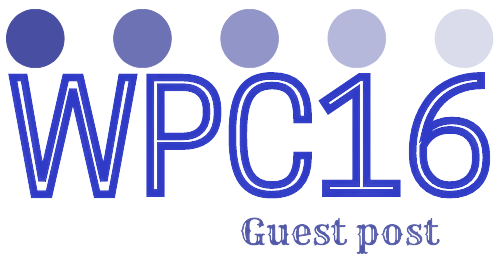The two joints that link your jaw bone, or mandible, to the temporal bone of the skull are referred to as the temporomandibular joint, or TMJ. When these joints work properly, you can move your jaw, eat, and talk without pain or restriction. TMD refers to problems with the TMJ that cause jaw discomfort (temporomandibular dysfunction). TMD may be a painful and debilitating disorder with a long recovery time. Patients can successfully remove their symptoms with a team approach comprising your Physiotherapist and a skilled Dentist.
Why is TMJ painful?
TMJ is a complicated joint made up of two bones and a disc. The joints on both sides of your jaw must be able to open in two phases to work properly. The mandible rotates inside the joint during the first half of the opening. The mandible and disc then slide forward on the temporalis bone in a translational phase to achieve complete openness. Misalignment of the jaw and unpleasant symptoms can result if the movement of the joints on either side is not synchronized. Find a clinic that offers a TMJ physiotherapy in Calgary.
What are the symptoms of TMJ?
TMD symptoms can range from minor to severe. They can make eating solid meals challenging. Following is the list of major symptoms that a TMJ patient would feel;
– TMJ joint pain – directly in front of your ear hole.
– Popping or clicking sounds that hurt.
– The jaw is locked in an open position.
– Muscle spasms on one side of their head and at the angle of their jaw.
– Headaches.
– Dizziness.
What causes the TMD?
Trauma.
Some persons have joint trauma, which causes hypermobility, or scarring, which causes stiffness in one of the TMJ joints. The ensuing uneven mobility causes the joint structures to wear out faster.
Posture.
Many muscles that regulate the jaw also link to the upper neck, which most people are unaware of. A forward head position frequently causes jaw dysfunction.
Grinding.
Your dentist may have suggested a nightguard to protect your teeth from wear as a grinder. The TMJ joints are affected by all of that grinding and clenching of the jaw when you sleep. It can cause muscular spasms as well as joint or disc injuries.
Eating habits.
When individuals eat, they might hurt their TMJ joints. Having big or hard things in your food intake can easily damage your TMJ, especially if you only bite on one side of your mouth.
Most persons who seek TMJ treatment can’t pinpoint a single occurrence but rather describe a problem that developed gradually and debilitated over time.
How can physiotherapy treat TMJ?
Improving TMJ mobility.
Suppose a patient is diagnosed with TMJ due to a stiff joint, typically due to a previous trauma that caused stiffness. In that case, the physiotherapist can utilize manual therapy techniques to rehabilitate the joint. They will next recommend particular stretches to assist you in maintaining your improved range of motion between appointments.
Strengthening the hypermobile joints.
Some individuals’ TMJs move too much or in a bizarre fashion. Your physiotherapist will be able to locate the issue and provide treatments and exercises to strengthen weak muscles and enhance your natural movement pattern.
Alleviating the muscle spasm.
Physiotherapists are anatomical professionals who know how to evaluate your TMJ muscles. They frequently discover that muscular spasm is keeping the TMJ from healing. Manual therapy techniques for spasm relief will aid in joint alignment and mobility, resulting in reduced discomfort.
Postural awareness.
For some persons with TMJ problems, changing their forward head position might significantly improve. To enhance their head posture, physios educate patients on strengthening postural muscles and extending shortened tissues. Physiotherapists will also provide recommendations on setting up workspace, automobile, or any other place where one spends a considerable amount of time sitting to encourage improved body posture.
Pain alleviation for TMJ dysfunction.
A physiotherapist can use thermal modalities, acupuncture, and light manual treatment to reduce pain in patients who are in a lot of pain and merely need some respite so they can start making the adjustments mentioned above.
Conclusion.
The best physiotherapy in Calgary will treat your TMJ problem thoroughly and tailor your treatment strategy to the source of your problems.


